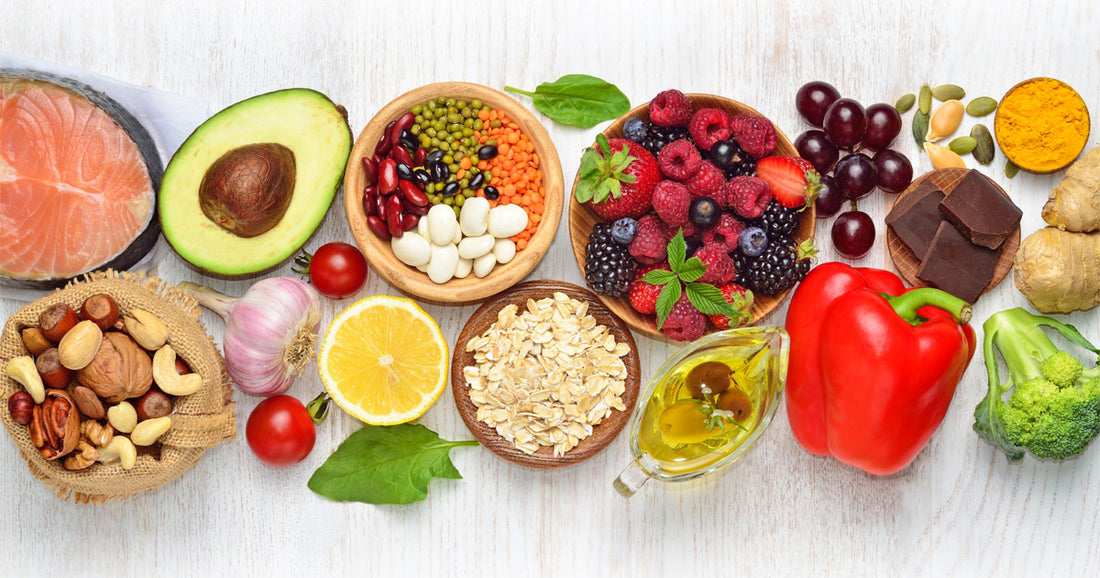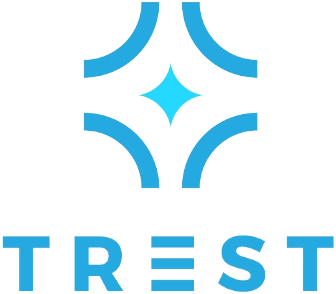
Nutrition and Incontinence: The Role of Nutrition in Managing Adult Incontinence
Share
Living with adult incontinence can be a daunting journey, but with the right approach, it's possible to navigate the challenges and live a fulfilling life despite the condition. In addition to relying on incontinence products for comfort and protection, paying thoughtful attention to nutrition is a crucial aspect of managing this condition effectively. This blog post delves into the profound significance of nutrition in adult incontinence management and explores its direct impact on bladder health. We'll delve into the effects of certain foods and beverages on urinary incontinence, providing valuable dietary tips to help reduce the risk of bladder irritation and leakage. By embracing a bladder-friendly diet and making mindful choices, individuals can enhance their overall well-being and take charge of their adult incontinence journey with confidence and empowerment. Together, let's discover how simple dietary changes can make a significant difference in managing adult incontinence and promoting a healthier, happier lifestyle.
Understanding the Impact of Nutrition on Bladder Health:
Proper nutrition plays a pivotal role in maintaining optimal bladder health and effective management of incontinence. Being mindful of specific foods and beverages that might irritate the bladder is essential to reduce the frequency of urination and the risk of leakage. Armed with this knowledge, individuals can make informed dietary choices, fostering better bladder function and taking significant strides towards minimizing incontinence episodes. By proactively embracing a bladder-friendly diet, individuals empower themselves to enhance their overall well-being and regain control over their lives, free from the limitations of adult incontinence.
Avoiding Bladder Irritants:
For individuals with adult incontinence, identifying and avoiding bladder irritants is crucial for managing symptoms effectively and maintaining optimal bladder health. Bladder irritants are substances that can irritate the bladder lining and potentially worsen incontinence symptoms, leading to increased urgency and frequency of urination. Some common culprits of bladder irritants include caffeine, found in coffee, tea, and certain sodas, as well as alcohol, which can have diuretic effects on the body. Spicy foods, such as those containing chili peppers or hot sauces, are also known to trigger bladder irritation in some individuals. Additionally, acidic foods like tomatoes and citrus fruits can be problematic for those with sensitive bladders. While not everyone may be affected by these irritants, it is essential to pay attention to individual reactions to specific foods and beverages to better manage incontinence.
Incorporating Bladder-Friendly Foods:
On the other hand, there is a wide array of bladder-friendly foods that actively support and bolster bladder health, effectively reducing the risk of incontinence episodes. Including foods abundant in antioxidants and anti-inflammatory properties, such as colorful berries, nutrient-packed leafy greens, and omega-3 fatty acid-rich fatty fish, can significantly contribute to the overall well-being of the urinary tract. Moreover, a well-balanced diet that incorporates ample fiber can play a crucial role in promoting regular bowel movements, effectively reducing the likelihood of fecal incontinence occurrences. By embracing these nourishing dietary choices, individuals can take charge of their bladder health and find newfound freedom from the burden of adult incontinence.
Hydration: A Key Component
Staying hydrated is essential for everyone, and it becomes even more crucial for individuals managing incontinence. Proper hydration plays a key role in maintaining a healthy urinary system and bladder function. It may seem counterintuitive to drink more fluids when dealing with incontinence, as some might fear it could worsen the condition. However, staying hydrated is vital to support the body's natural processes and promote overall well-being. When the body is well-hydrated, the urine becomes more diluted, which can help reduce irritation to the bladder lining. Concentrated urine, caused by insufficient hydration, can be more acidic and may lead to bladder irritation and increased urgency. On the other hand, adequate hydration helps to flush out toxins and bacteria from the urinary tract, reducing the risk of urinary tract infections (UTIs) that can exacerbate incontinence symptoms. Healthy bladder function is closely tied to proper hydration. When the body receives enough fluids, it signals to the brain that it is safe to release urine, allowing for more predictable and controlled trips to the restroom.
Bladder-Friendly Beverages:
Staying hydrated is crucial for individuals managing adult incontinence. Opting for bladder-friendly beverages is essential to maintain healthy bladder function and minimize irritation. Water stands out as the best choice for staying hydrated without risking bladder discomfort. Herbal teas, like chamomile or peppermint tea, offer caffeine-free alternatives with potential soothing properties. By avoiding beverages containing caffeine and alcohol, which can act as diuretics and increase urine production, individuals can better manage incontinence symptoms and promote overall bladder health. Being mindful of beverage choices is a simple yet powerful way to enhance incontinence management and improve overall well-being. Remember that individual responses to different drinks may vary, so keeping track of how specific beverages impact urinary habits can guide you towards the most bladder-friendly routine. Embrace the power of bladder-friendly beverages to foster a sense of confidence and comfort while living with adult incontinence.
The Role of Fiber in Incontinence Management:
Fiber plays a pivotal role in the management of incontinence, particularly when it comes to fecal incontinence. By incorporating fiber-rich foods like whole grains, fruits, vegetables, and legumes into your daily diet, you can promote regular bowel movements and prevent constipation, thus contributing to an enhanced incontinence management plan. Remember that individual responses to dietary changes may vary, so keeping a food journal can help identify specific triggers and patterns unique to you. Moreover, seeking guidance from a healthcare professional or registered dietitian ensures that your nutrition plan aligns with your specific needs and overall health goals. Embracing these dietary adjustments not only supports incontinence management but also fosters a healthier lifestyle and an improved sense of well-being.
Incorporating Nutrition into Your Incontinence Management Plan:
Incorporating nutrition into your incontinence management plan requires a personalized approach. While certain foods may trigger symptoms in some individuals, others may not experience the same effects. To gain a better understanding of how your diet impacts incontinence, keeping a food journal can be immensely helpful. Documenting your daily food intake and any related symptoms can reveal patterns and potential triggers. Moreover, seeking guidance from healthcare professionals or registered dietitians can offer valuable insights and tailored recommendations. These experts can assess your specific needs, health conditions, and dietary preferences to develop a nutrition plan that complements your incontinence management and promotes overall well-being. Remember that embracing a bladder-friendly diet is not about restriction but rather about making informed choices that contribute to a healthier and more confident lifestyle. By taking charge of your nutrition and incontinence management, you can reclaim control over your well-being and embrace life with greater confidence and empowerment.
Nutrition and Incontinence
Incorporating a bladder-friendly diet into your incontinence management plan can make a significant difference in improving bladder health and reducing incontinence symptoms. Avoiding bladder irritants, incorporating bladder-friendly foods, staying properly hydrated with the right beverages, and ensuring adequate fiber intake are essential components of a nutrition strategy for managing adult incontinence. By making informed dietary choices, individuals can take proactive steps towards enhancing their overall well-being and living confidently with adult incontinence. Understanding the impact of nutrition on bladder health empowers individuals to make positive changes that contribute to a more fulfilling and active lifestyle while effectively managing adult incontinence.
